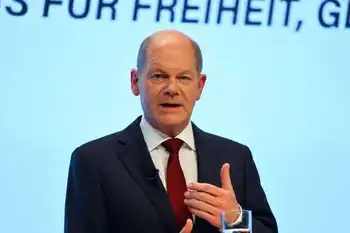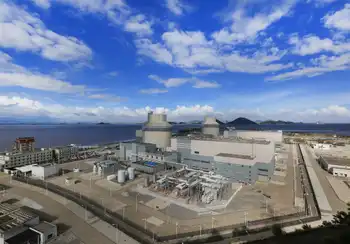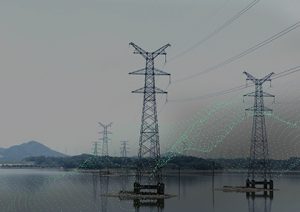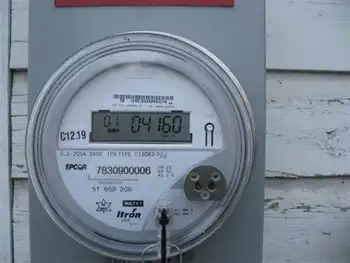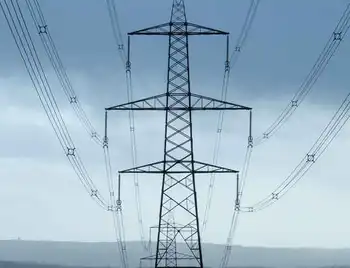Mississippi officials hold hearing on utility charges
By Associated Press
High Voltage Maintenance Training Online
Our customized live online or in‑person group training can be delivered to your staff at your location.

- Live Online
- 12 hours Instructor-led
- Group Training Available
That testimony came before the Mississippi Public Service Commission, which is investigating what it claims are excessive interest rates being charged by Mississippi Power and Entergy Corp. as part of the state's fuel adjustment policy.
Entergy provides power to 45 of Mississippi's 82 counties and operates regulated power utilities in Louisiana, Arkansas and Texas.
Southern Power Co.'s holdings include Alabama Power, Georgia Power, Gulf Power and Mississippi Power, which serves 23 counties in southeast Mississippi.
Commissioners have said they discovered the high interest rates during a July review of the fuel adjustment policy, which allows utilities to predict the price of the fuel they'll need to make electricity before actually buying it.
The policy forced customers to pay nearly $40 million too much for their utilities last year, the commissioners said. Customers eventually get that money back, but the commission has argued that they never should have paid that much in the first place.
The commission said it found that Entergy Mississippi is currently charging a 12.83 percent interest rate in its fuel adjustment, while Mississippi Power is charging 13.25 percent.
The prime lending rate has been around 4 to 5 percent in recent months.
Entergy didn't oppose dropping the rate, but Frances Turnage, treasurer and chief financial officer of Mississippi Power, testified that her company has to pay for coal in a timely manner to make electricity. And the prime interest rate would not be high enough to cover the cost of making those coal purchases.
"The company has to finance the business with capital," Turnage said. "We cannot finance the business with debt."
Turnage said Mississippi Power has a better credit rating than its sister companies, but it has had to borrow more money than the others in recent years because of the damage done by hurricanes and major storms.
"We need to have a strong credit rating so that we can go out and borrow $200 million in disasters," Turnage said.
Any change in the rates in Mississippi would affect the amount customers get back after being overcharged or the amount customers will owe the utility after being undercharged.
Commissioners also are concerned that Mississippi Power and Entergy are making money off the interest and customer overpayments in short-term investments.
But Dorman Davis, manager of regulatory affairs for Entergy Mississippi, attempted to assure the commission that customers also get that money back.
"The ratepayer has been getting between 5 and 6 percent and typically these short-term investments have been yielding 3 to 4 percent," he said.
The higher interest rate, Davis said, takes into account the debt and equity it takes to buy fuel to make electricity.
He said Entergy, however, is willing to charge customers the prime rate as long as the amount of money customers get back after being overcharged is small and the company receives any money owed to it in a timely manner.
He said the company would ask the PSC for a change, "if these costs ballooned to a large number or if there was an extended period of deferral."
Entergy also made a proposal to simplify the way the commission tracks credits to customers in its quarterly fuel adjustment policy and said it has currently undercharged customers about $50 million.
"And we haven't asked for any special treatment to increase the rate because we believe we are on the right track," Davis said.
The commission did not rule on any proposals or make a decision on a rate change.





